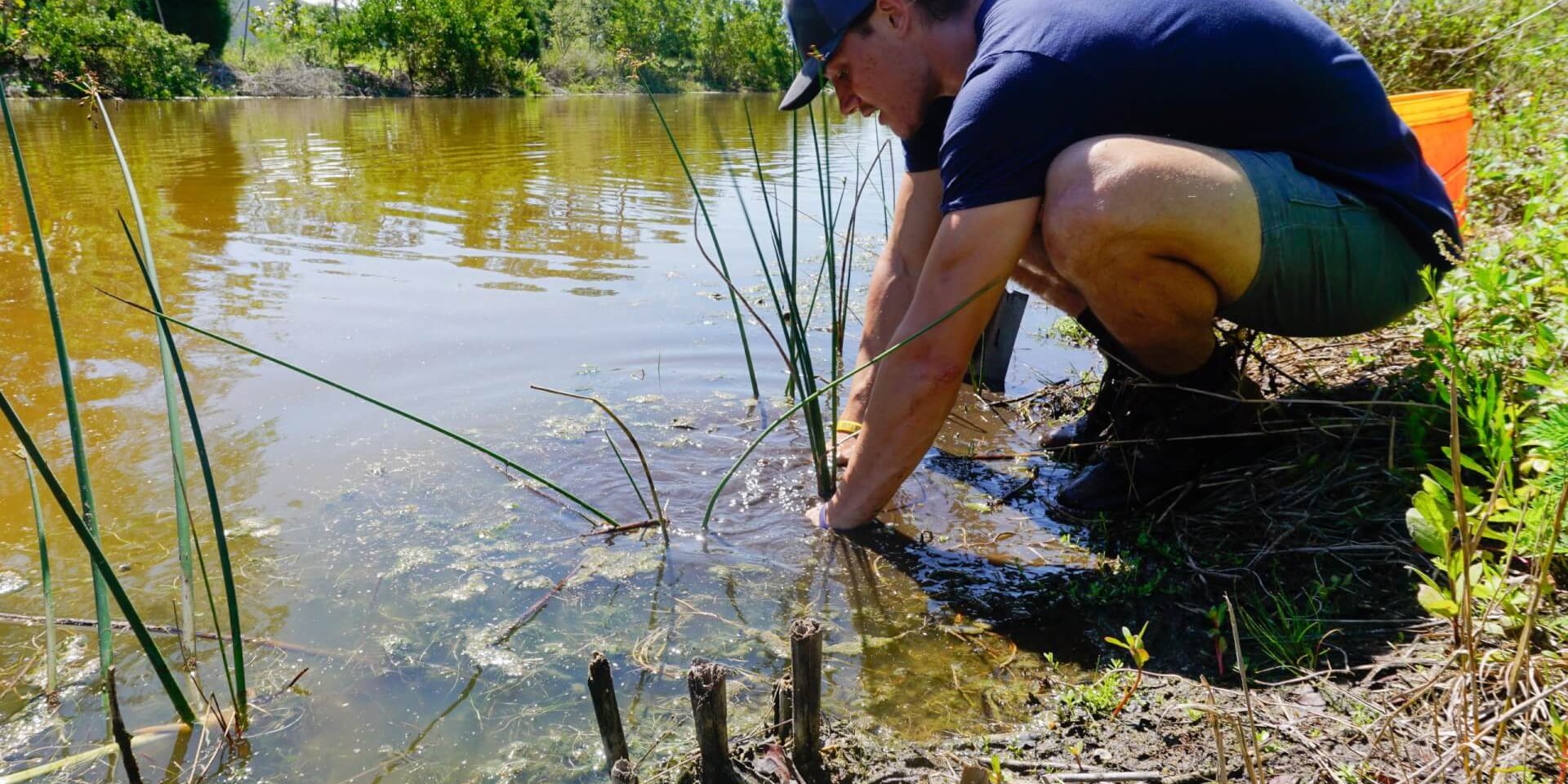
In this virtual session of the Fifth Science-Policy Forum for Biodiversity, representatives from leading scientific agencies, including ISC Science Officer, Anne-Sophie Stevance, natural history museums from around the world, and other global experts, and engaged citizens will exchange experiences on citizen science, reflect on its contributions in support of the Post-2020 Global Biodiversity Framework and discuss collaboration opportunities to scale up its impact. The outcomes of this event will be reported at COP15.
Welcome and opening remarks
Background and understanding of citizen science
Experiences of citizen science from around the world
Interactive discussion – Participants are encouraged to share their own experiences, stories, insights, and lessons learned.
Integrating citizen science into policymaking
Closing remarks
Citizen Science, also sometimes referred to as crowdsourcing, participatory, or community science, provides a powerful opportunity to engage and leverage the public in collecting, analyzing and interpreting data, formulating research questions, and co-creating and developing relevant applications and solutions. Citizen scientists play an integral role in producing new knowledge and discoveries, and their participation in scientific processes can raise awareness, increase scientific literacy, provide large and diverse data sets that might have been otherwise unavailable and lead to a stronger connection and understanding of nature. A growing field of practice, new and emerging technologies, and a better-connected public are rapidly enhancing citizen science as a key tool in the quest for a sustainable future. Additionally, citizen science provides an opportunity for the public and scientists to influence policy and decision-making at a range of different scales.
Image by Joe Whalen on Unsplash